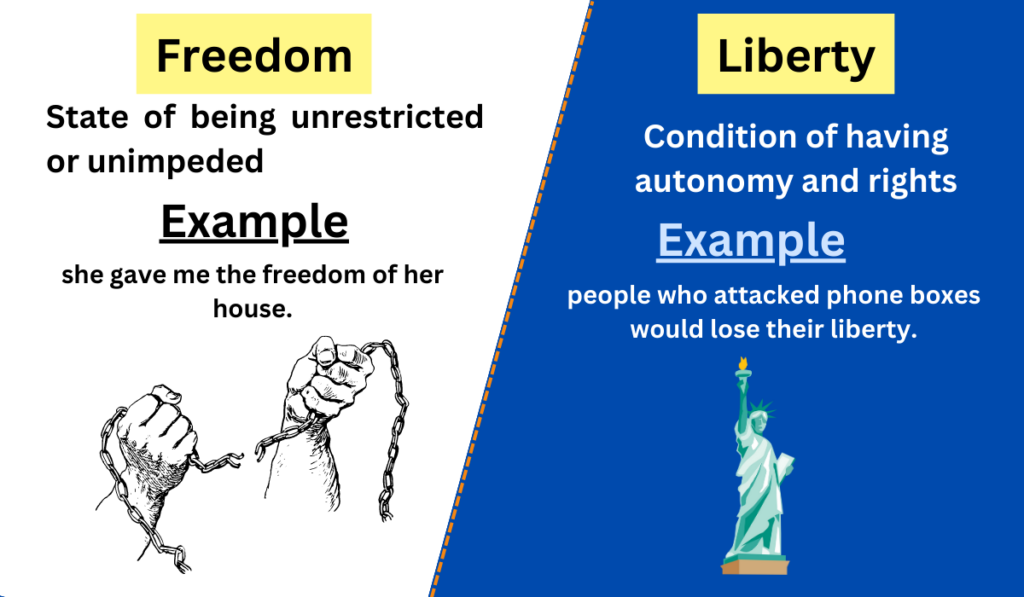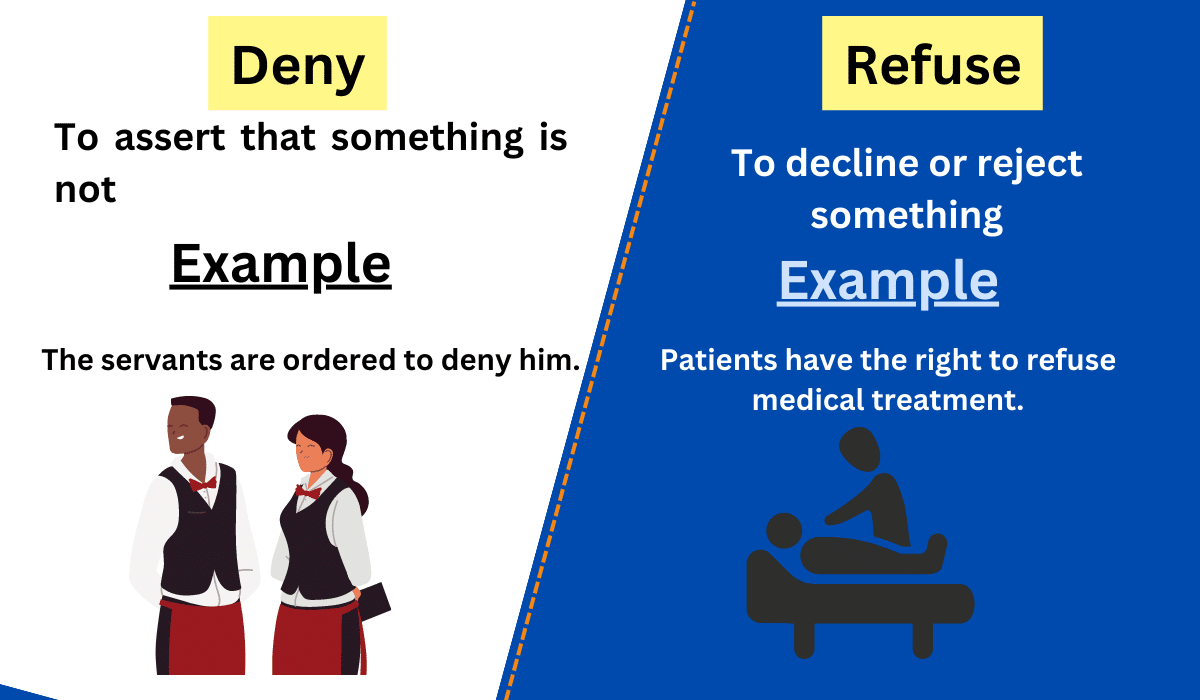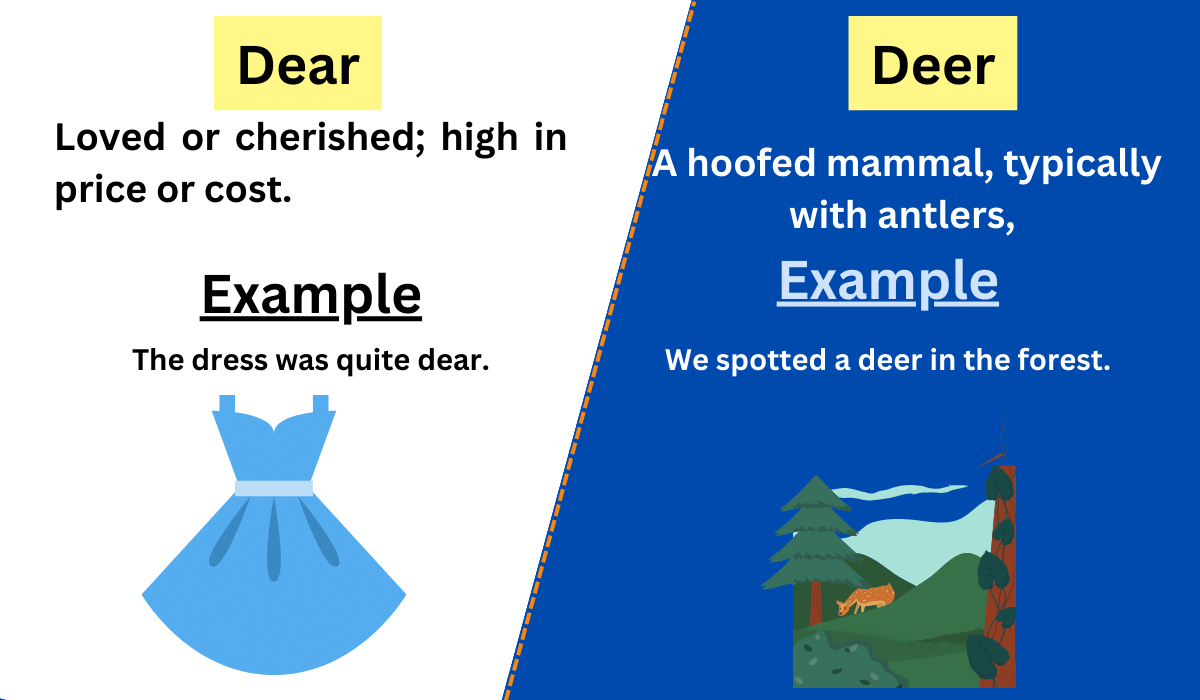Freedom vs. Liberty-Difference between and example
The terms “freedom” and “liberty” are often used interchangeably in everyday conversation, leading to confusion regarding their true meanings.

However, these words carry distinct connotations and nuances that are worth exploring.
This article aims to shed light on the differences between “freedom” and “liberty,” offering clarity on their definitions and usage.
By understanding these concepts, we can effectively articulate our ideas and engage in meaningful discussions.
Meanings and Examples
Freedom Definition
The definition of freedom is
Definition: “Freedom” is the state of being unrestricted or unimpeded, allowing individuals to act, think, and express them without constraint.
Examples of Freedom
- “The abolition of slavery brought freedom to countless individuals.”
- “The right to choose one’s religion is a fundamental freedom.”
- “She felt a sense of freedom as she explored new horizons in her career.”
Liberty Definition
The definition of liberty is
Definition: “Liberty” refers to the condition of having autonomy, rights, and privileges, often granted or protected by a governing authority or society.
Examples of Liberty
- “The citizens fought for their liberties in the battle for independence.”
- “Freedom of speech is a cornerstone of personal liberty.”
- “He cherished the liberty to live according to his own values and beliefs.”
Difference between Freedom and Liberty
| Category | Freedom | Liberty |
| Meaning | State of being unrestricted or unimpeded | Condition of having autonomy and rights |
| Example | “The abolition of slavery brought freedom…” | “The citizens fought for their liberties…” |
| Usage | Personal agency, unrestricted actions | Societal rights, autonomy, privileges |
| Context | Individual rights, expression, choices | Governance, legal protections, societal values |
Usage in a Paragraph
In a democratic society, the concepts of freedom and liberty are highly valued. Individuals cherish the freedom to express their opinions openly, engage in peaceful protests, and participate in decision-making processes.
At the same time, they rely on the protection of their liberties, such as the right to a fair trial, equal treatment under the law, and the opportunity to pursue their dreams without undue hindrance.
The Declaration of Independence proclaimed the unalienable rights of life, liberty, and the pursuit of happiness, emphasizing the fundamental importance of individual freedoms.
The pursuit of freedom and the preservation of liberty go hand in hand, as a society strives to create an environment where all its members can thrive.
While “freedom” and “liberty” are often used interchangeably, they possess subtle distinctions that can significantly impact their context and usage.
“Freedom” refers to the state of being unrestricted or unimpeded, allowing individuals to exercise personal agency.
“Liberty,” on the other hand, encompasses the condition of having autonomy, rights, and privileges, often protected by a governing authority or society.
By recognizing and appreciating the nuances of these terms, we can engage in meaningful discussions about personal liberties, societal values, and the pursuit of a just and equitable society.






Leave a Reply